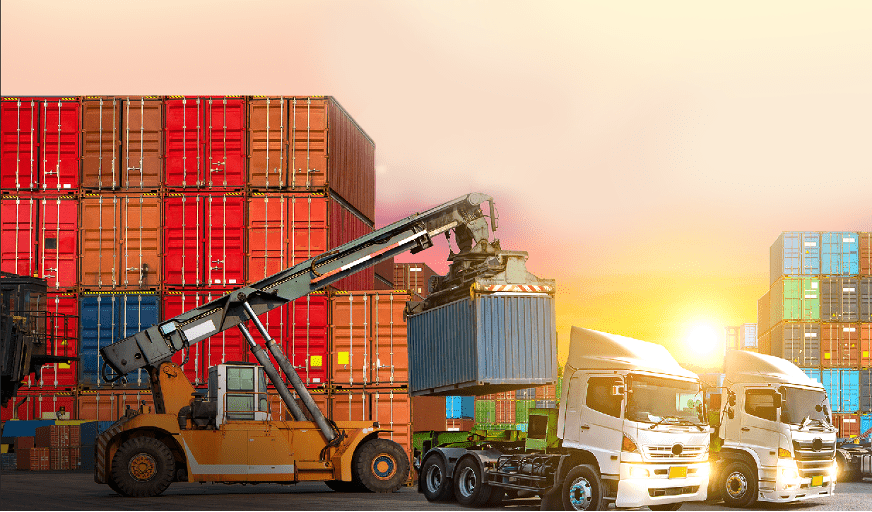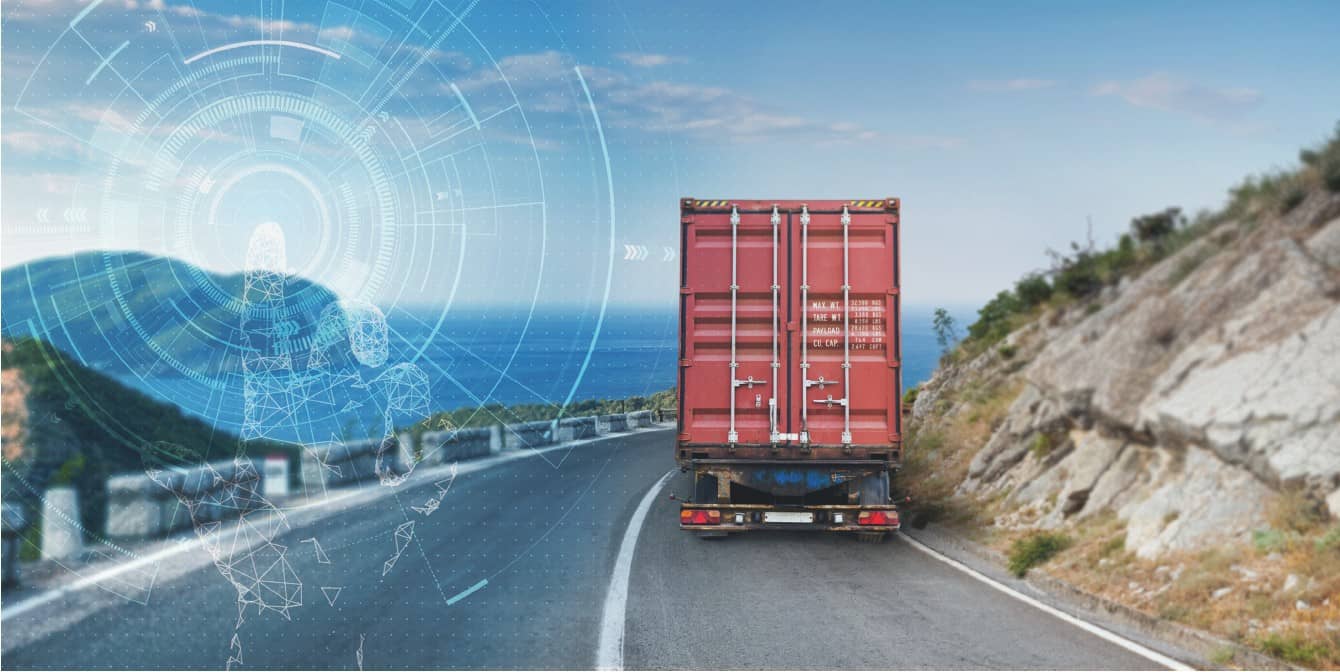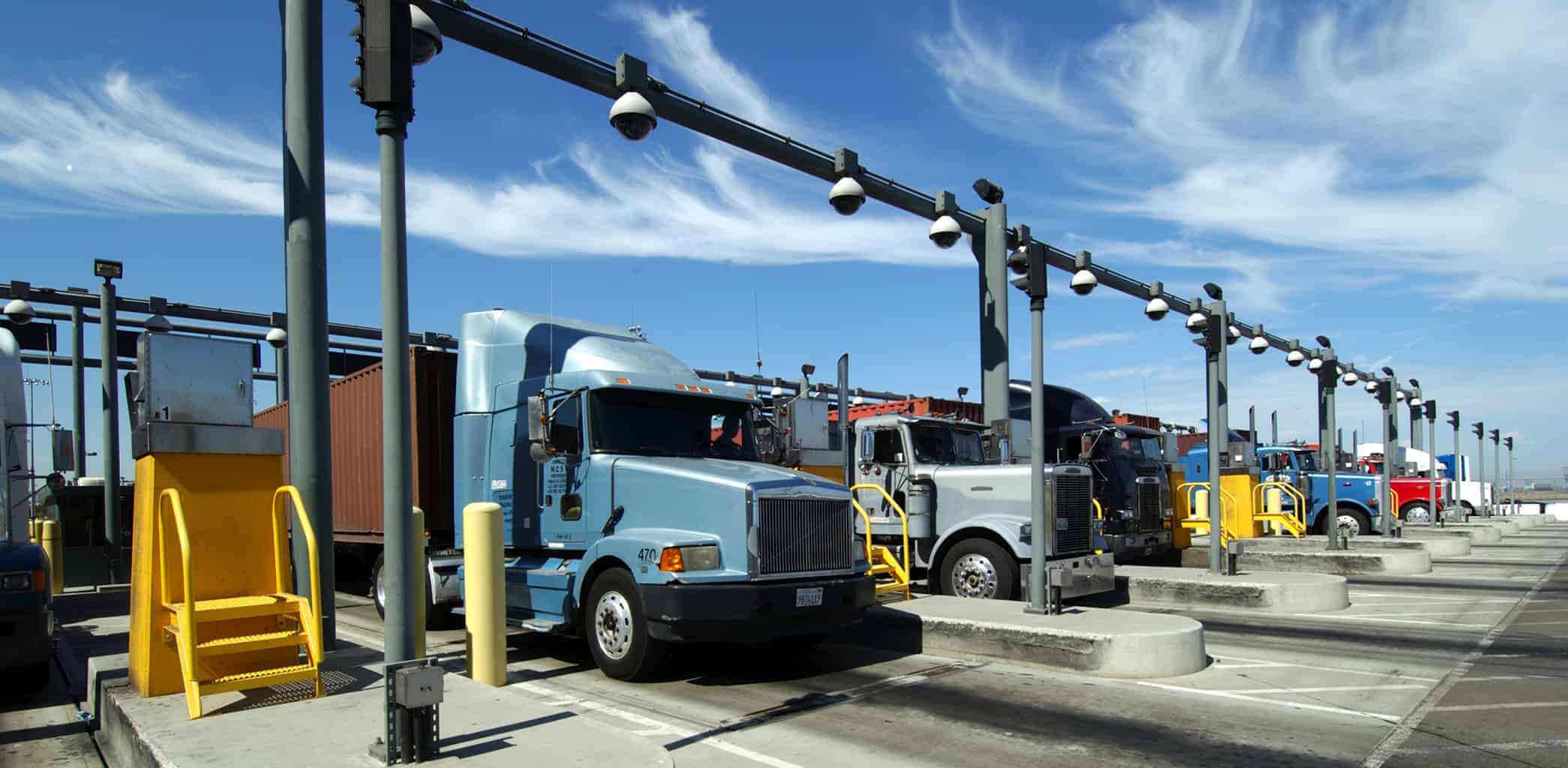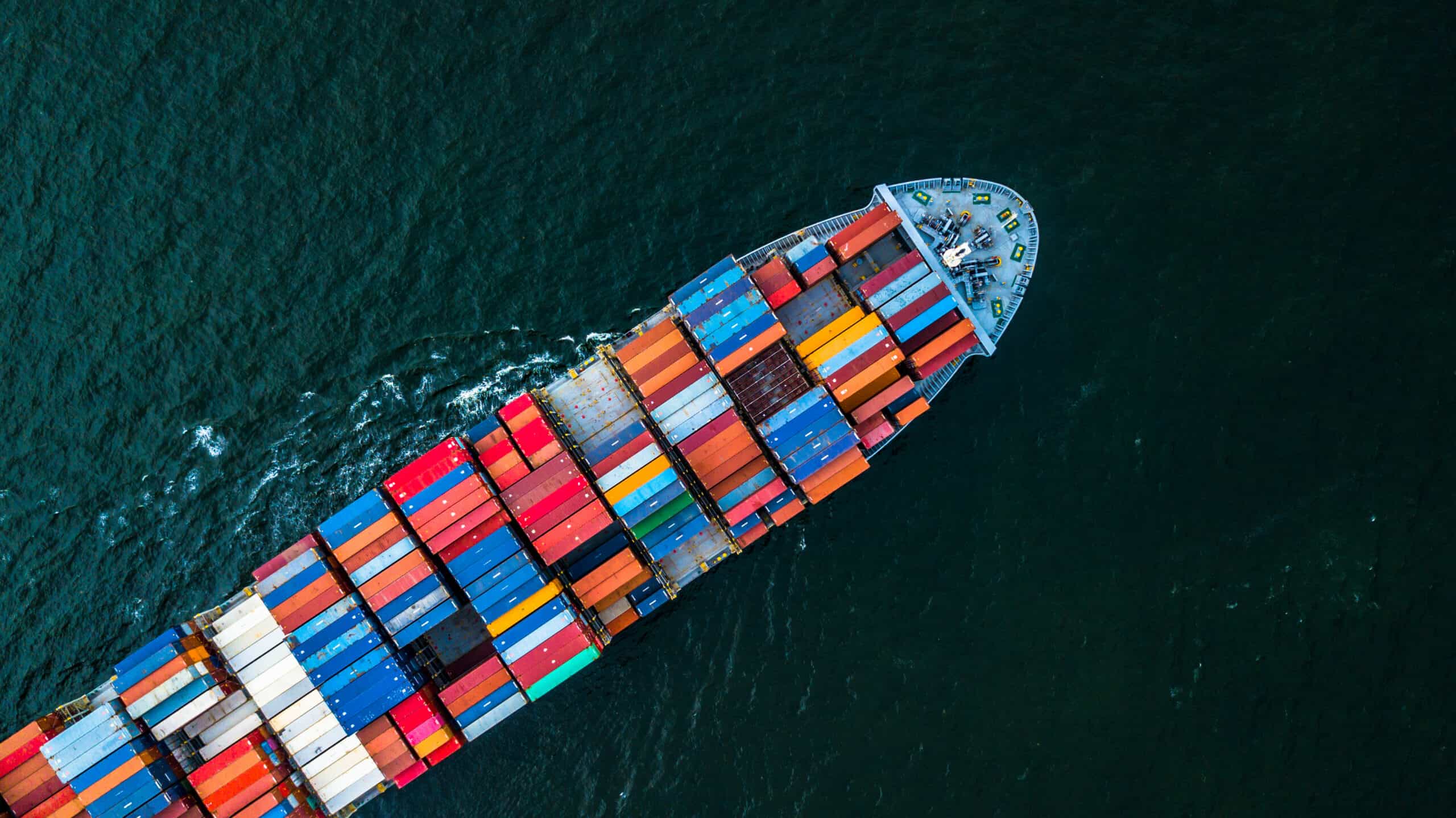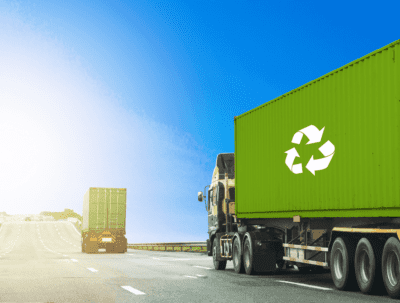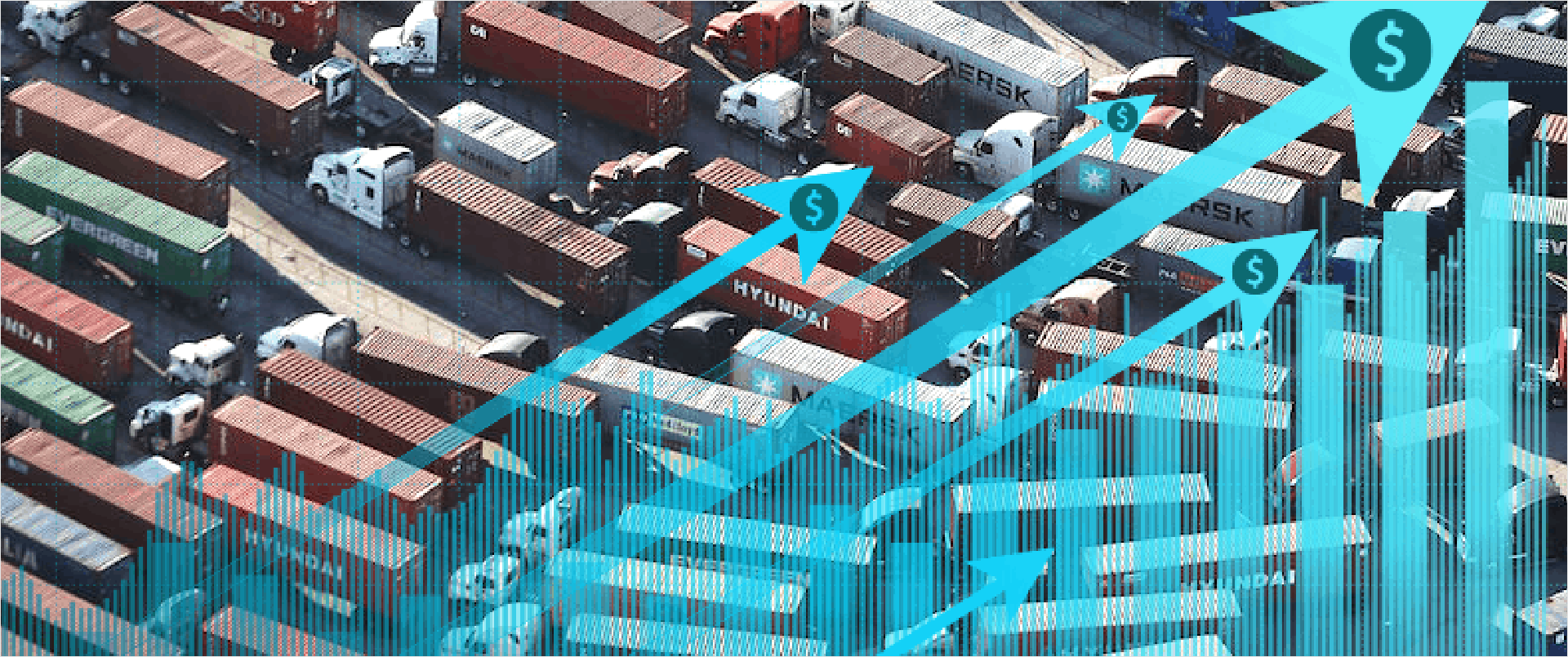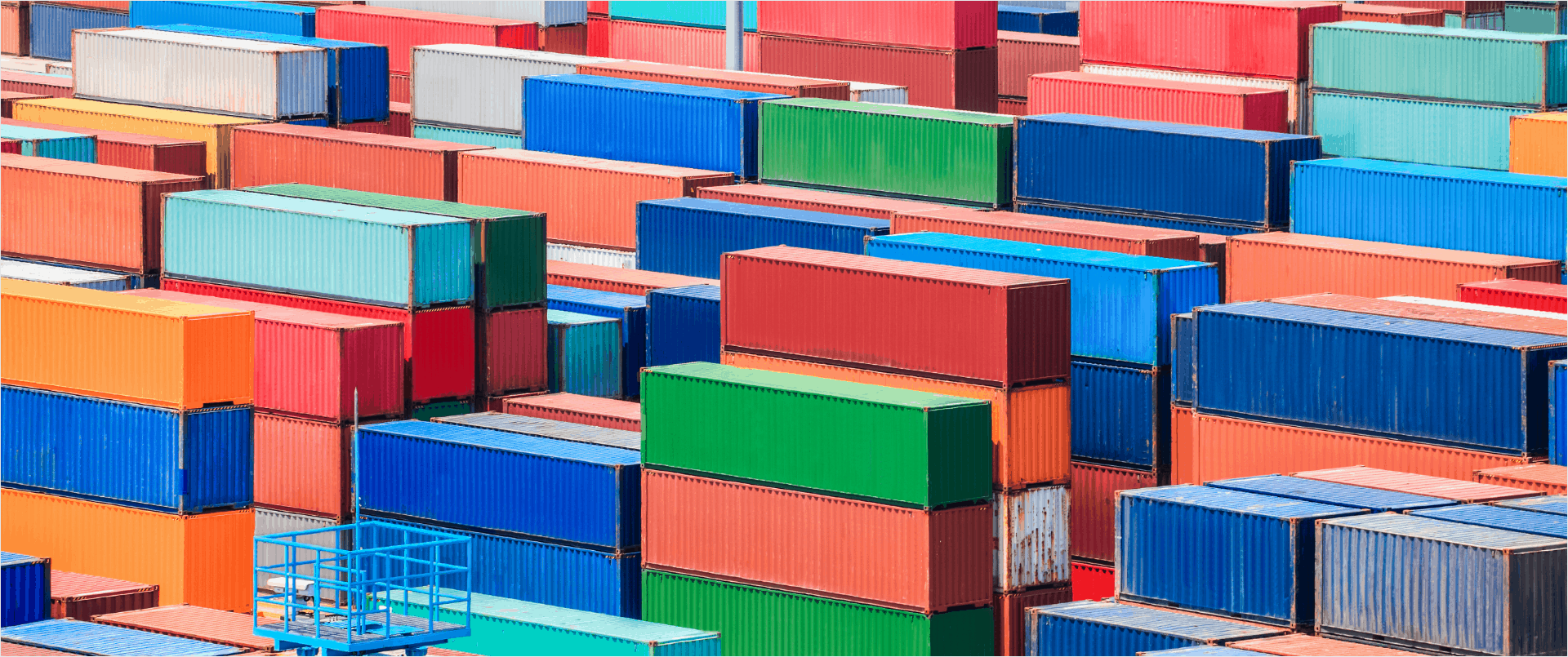Here we are at the start of a new year and it’s always a good time for reflection and to set new goals. There is no doubt the last two years have arguably been the most challenging years we’ve ever seen and although we still have some challenges ahead of us, I’m optimistic that 2022 will be a better year for our industry and our customers. Here at MatchBox Exchange (MB), we believe the role we play within our industry is not only to provide innovative digital solutions for the container logistics industry, but to also help the industry adopt new thinking and new operating models that will deliver a better, faster, and smarter transport network. Offering smart digital products and services is one part of the solution but without adopting the right mindset it’s very likely you will not fully exploit the benefits these tools can offer your business. We call this mindset “THE MATCHBOX EXCHANGE MINDSET.” So, what is it exactly? Well before I get into explaining what it is, let me paint a picture of the current challenges faced by our industry and how adopting the MatchBox Exchange mindset can help. Today the container logistics industry is facing major challenges…
Embrace Digital Transformation and be Open to New Ideas
How many of you have heard the phrase …“Embrace digital transformation or die”? What does this mean? Well, I do know that in today’s world those that are agile, open to change and willing to challenge the status quo are most likely to succeed. At MatchBox Exchange, we believe digital transformation has a number of dimensions. People often think that simply digitising an existing manual process is ‘transformation’. Although we agree there is a lot of value in automating current manual processes, we feel true transformation comes from improving the underlying process by rethinking the operating model altogether. Let me give you an example. In our industry, we see companies investing in ways to make existing assets (trucks/depots/terminals) as efficient as they can be. Trucking companies invest in high productivity vehicles so they can move more containers in the same trip, depots invest in scheduling and appointment systems in an attempt to improve the flow of trucks through their facilities. Don’t get me wrong, these are important initiatives that help contribute to an improved transport network but… Our view is that rather than focus so much energy on maximising the efficiency of the current process why not consider a new…
What’s More Important: a Quality Product or an Excellent Team? Can one do without the other?
While some might choose one over the other, both the product and team are equally important to achieve the best results. They work hand-in-hand because adopting any new product always requires a different approach. At MatchBox Exchange (MB), we are driven by a similar sense of innovation and encourage independent thinking to radically change conventional ways of empty container management. Led by experts in the fields of transportation and technology, the team can identify gaps in the container supply chain and find lasting solutions to complex challenges. The MatchBox Exchange mindset is well reflected in the digital platform itself through its simple to use user interface which makes the reuse and exchange of empty containers possible in just a few clicks. Available 24×7, its instant approval feature gives transport companies the ability to make quick decisions. Truckers and their customers benefit from reuse and exchange opportunities by saving time and increasing fleet utilisation. The platform also brings different parties together, helping transport companies work collaboratively through a central neutral open market platform that offers all members of the MatchBox Exchange network opportunities to exchange containers in a very safe and efficient way. It’s the engine that empowers collaboration between competitors in a way that creates…
Do current delivery models hamper your logistics business? Consider MatchBox Exchange
As logistics supply chains lag behind in the face of global disruptions, digital technology will play an increasingly central role in developing the industry and overcoming these challenges. But will digitising current workflows be enough or is a radical shift necessary to achieve tangible results? While most digital processes focus on improving the existing model of delivery, a few aim to fundamentally change the model altogether. One such idea is the MatchBox Exchange (MB) ‘open market’ platform that looks at the problem of returning and collecting empty shipping containers from a different perspective. What’s the inspiration behind this radical change? While heading one of Australia’s leading transport companies, Carl Marchese personally experienced the waste and cost that empty container parks add to international supply chains. Such container parks were unable to handle surging demands despite major improvements. In time, it became evident that modernising this outdated system was pointless and that reinvention was the only way forward. This thought inspired the vision for a better-faster-smarter approach. How does MatchBox Exchange work? Can it provide lasting solutions to long-standing problems? Scheduling a booking on MatchBox Exchange doesn’t require a subscription, joining fee or even monthly payments as registered users are only charged per transaction. Its 24×7 Instant Approval feature facilitates…
How to avoid the challenges and restrictions with Appointment Systems at depots, the solution is only a few clicks away!
Picture this: As a trucker, you need to return an empty container to the depot by 10am, however the only available appointment time is 2pm. Your truck has to reach the neighbouring port terminal on time to pick up another import to make the next customer delivery and a 4-hour delay is an inconvenience. In pressing situations like these, you can either send an extra truck to collect the empty container or offload the container at your trucking yard. But is there a better option at your disposal? Simple reuse or exchange would be an effective way to avoid such a problem. It is possible on MatchBox Exchange (MB), the world’s first open-market platform that allows trucking companies to reuse their empty containers or exchange them with other parties on the land-side. A reliable and secure solution, MatchBox Exchange helps trucking companies avoid the appointment system altogether as it eliminates the need to transit through empty container parks. Now, drivers can follow a schedule and reach more customers by using MB’s 24×7 Instant Approval feature to set up bookings throughout the day. Adopting the MatchBox Exchange advantage saves costs and time, improves productivity and brings more value to transport companies across markets. Moreover, fleet utilisation and operational…
The Power of Partnership: Why the world’s leading shipping lines partner with only the best
A lasting partnership begins with trust. Open communication and accessibility are equally important. But to be mutually beneficial means working together to achieve shared success. An example of one such partnership is between MatchBox Exchange and the world’s top shipping lines. MatchBox Exchange (MB) is the world’s first open market digital platform that allows transport operators, freight forwarders and shippers to reuse and exchange empty containers. A proven cloud-based SaaS platform, MatchBox Exchange delivers an end-to-end solution focusing on all aspects of customer adoption, training and support. Even its operating model is simple and effective. The team works with shipping lines on data sharing and EDI integration which it already has in place with other lines in multiple markets and languages. So why do shipping lines partner with MatchBox Exchange? (1.) MatchBox Exchange helps their shipping line partners and their customers to save on costs by removing the need for empty containers to transit through depots. (2.) Its digital solution offers 24/7 Instant Approval that saves time and improves the customer experience. (3.) Customers are more productive, enabling more triangulations and increased savings. (4.) MatchBox Exchange provides its partners with a true end-to-end solution covering all aspects of marketing, sales, training, onboarding, and customer support. A comprehensive service that ensures partners and customers maximise…
Why is supply chain sustainability important?
The importance of sustainability in the supply chain moves beyond going green. A supply chain built on a sustainable platform creates more partnership opportunities because environmental responsibility is crucial for any industry today. Practising eco-awareness in every aspect of the business not only improves its reputation but further legitimises the organisation. At MatchBox Exchange, we recognise the value of sustainability and work towards building a better future for transport companies across the globe. Here’s how MatchBox Exchange makes the supply chain more sustainable MatchBox Exchange (MB) is a prime example of sustainability at work. It is the world’s first ‘open-market’ platform for the reuse and exchange of shipping containers between landside logistics companies. The platform works by matching parties with empty containers to those who need them. In a few simple steps, MatchBox Exchange solves the existing problem in the supply chain. For a long time, containerised trucks needed to drive through container parks. Empty Container Parks cost the industry both time and money for handling and storing empty containers. But with its 24×7 Instant Approval feature, MatchBox Exchange allows truckers to bypass the depot altogether and reuse or exchange their container anytime, anywhere. Now, transport companies can: (a.) Reduce excess carbon emissions that they…
How to avoid depots and detentions in peak seasons
A strain on shipping capacity is adversely affecting the availability of containers, leading to longer delays, and an unprecedented rise in ocean freight rates. One of the most detrimental consequences of this squeeze is a potential surge in container detention costs each time containers aren’t returned empty in time under shipping lines’ terms and conditions. Industry analysts expect these challenges to grow in peak seasons and continue through 2021 and 2022. As we approach the peak season, booking needs to return empties are exceeding capacity. Suitable appointments become difficult because depots can only process a certain number of trucks per hour. Despite an increase in demand, transport operators cannot meet the required supply. Congestion and long queues at Empty Container Parks (ECP) force them to hold containers until they are scheduled for another appointment, often resulting in added handling and increased exposure to detention. Most shipping lines include weekends in detention free-days’ calculations, so the pressure on transport companies increases towards the end of theweek as they struggle to return containers by COB Friday knowing if they do not, detention charges will be incurred. Many trucking companies seek two days’ notice from importers to ensure the timely availability of empty containers…
A Strategic Review of Empty Container Management at Melbourne’s Port with our Founder as Guest Panellist
Managing empties has become a complicated and increasingly expensive business in Australia. Like most tasks in the supply chain cycle, it involves physical movement, commercial agreements and a series of transactions between different players, including shipping lines, freight forwarders, cargo owners, transport operators, and storage facilities. With this in mind, CTAA, in collaboration with the Victorian Government, hosted a webinar earlier this week where leading industry experts expressed their opinion and suggested new approaches for lasting solutions. As Australian ports handle over 8 million containers every year and support trade worth millions of dollars, empty container management is a vital function of an efficient and effective port. Issues with empty containers have broader supply chain impacts. Vulnerabilities including a mismatch in operating hours across the empty container supply chain mean squeezing larger numbers of container movement in shorter windows of time, inhibiting the existing storage capacity. Insufficient and inconsistent provisions of electronic data in the Empty Container Parks’ booking system and last-minute redirections also create additional administrative and operational costs to transport operators. But, behavioural practices on their part such as, arriving or scheduling appointments immediately before use, exhaust the ECPs causing delays and congestion. The Strategic Review Report launched…

